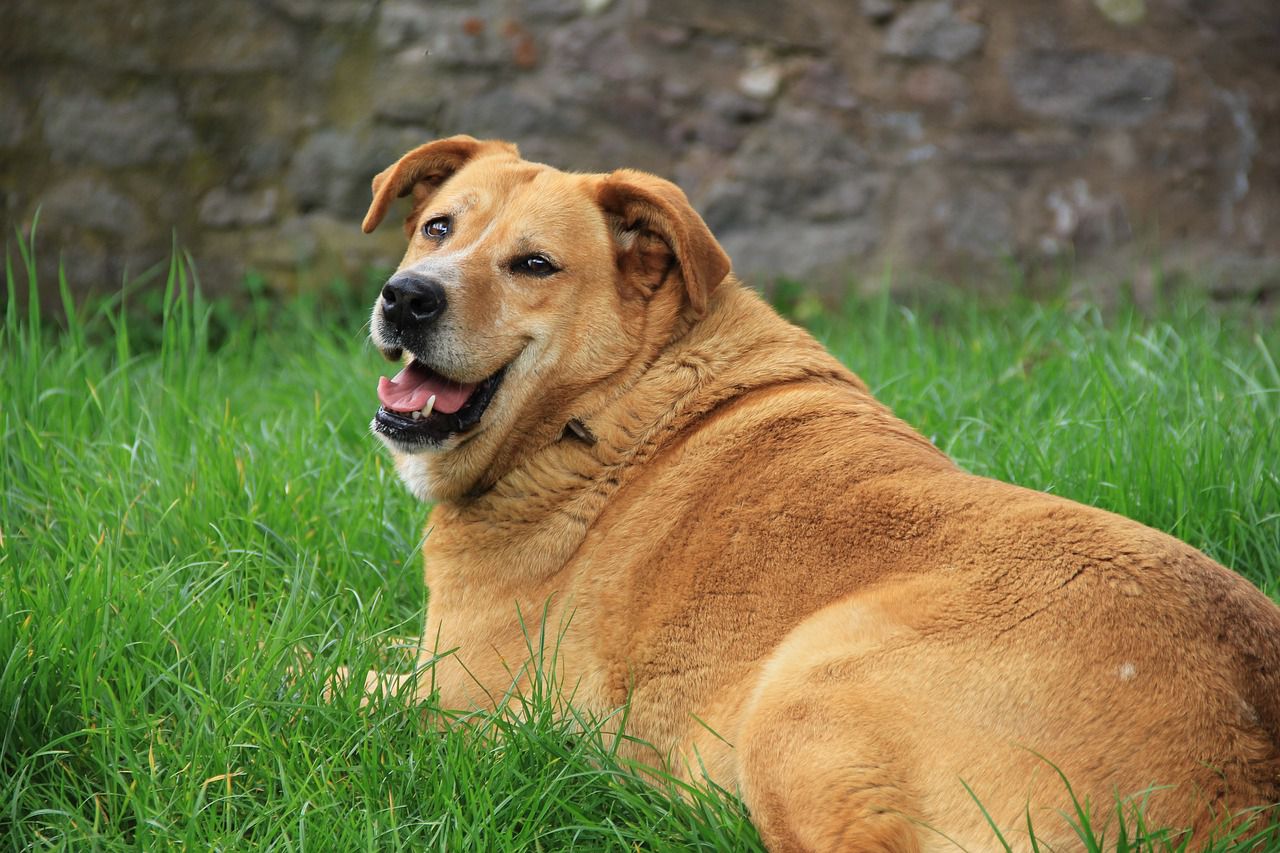Some pets know when they're actually hungry, others ask for food whenever they see you around.
When you love your pets a lot, it's often hard to resist the urge to make them happy for a while, even when you know that it's not good for them.
Here are a few tips on how you can stop overfeeding your pets that might be helpful.

Follow Feeding Guidelines
Most pet food has guidelines on the package that tell you how much to feed your pet based on their size and age. Follow these guidelines closely.
Use Measuring Cups
Instead of guessing, use a measuring cup to give your pet the right amount of food. This helps you be more accurate.
Stick to Meal Times
Don't leave food out all day for your pet to nibble on. Instead, establish specific meal times.
If your pet doesn't finish their food, don't worry; they can eat the rest at the next meal.
Avoid Treat Overload
Treats are yummy, but too many can lead to overfeeding. Limit the number of treats and choose healthy ones.
Some treats are also part of your pet's daily calorie count, so consider that.
Know Their Needs
Talk to your vet to understand your pet's specific nutritional needs. They can help you determine the right amount and type of food for your pet's health.
Watch Their Weight
Regularly check your pet's weight.
If you notice they're gaining too much or losing too much, adjust their food accordingly. Your vet can guide you on this too.
Be Mindful of Table Scraps
Don't feed your pet table scraps, especially if it's food that's not suitable for them. Human food can be too rich or unhealthy for pets.
Stay Consistent
Stick to a consistent feeding routine. Changing the type or amount of food suddenly can upset your pet's digestion.
Conclusion
Don't overfeed your pet, because even when it feels like love, it's actually the opposite!












